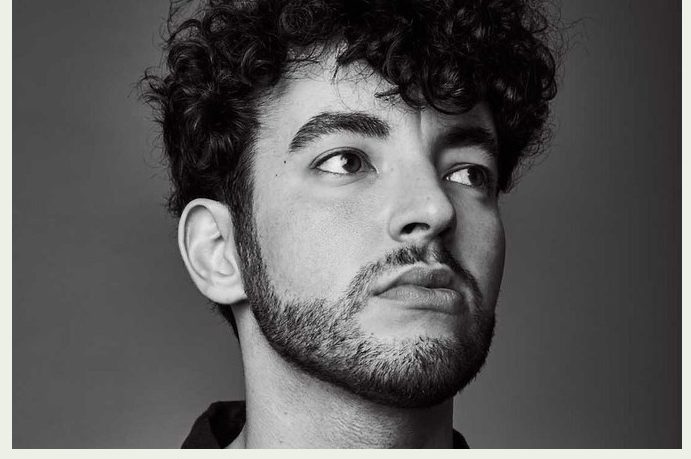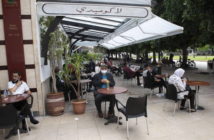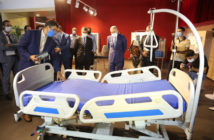Arab News
DUBAI: Moroccan designer Karim Adduchi is known for his intricate designs that are infused with his Berber heritage and has made custom designs for models like Anna de Rijk and Rawdah Mohamed. But lately, his collections have taken a backseat to a new mission. For the past two months, the designer, who is based in Amsterdam, has been using his workshop to produce free face masks for local distribution, a protective measure against the novel coronavirus.
| For the latest updates, follow us on Instagram @arabnews.lifestyle |
“In the past two months we’ve been making and donating face masks for organizations supporting the homeless and families in need,” wrote Adduchi on his Instagram account.
To further aid in curbing the spread of the infectious disease, the designer uploaded the pattern for the protective equipment on his website so that anyone who wants to make their own reusable mask at home can do so.
“Print the pattern at 100% size for an adult, and on 70% size for a child. The mask is double folded, so you can slide in a replaceable filter, such as kitchen paper, a piece of a vacuum cleaner bag or microfiber fabric,” he explained.
Since the coronavirus was declared a global pandemic by the World Health Organization (WHO) in March, many regional designers have decided to switch gears and start using their production facilities and factories to produce personal protective equipment such as face masks and hospital gowns for those who need it most, including healthcare workers on the front line of the pandemic.
Dubai-based fashion designer Marmar Halim is using the fashion label’s factory to produce surgical masks for medical personnel. Meanwhile, Beirut-based designers Bokja– which is known for making upholstered furniture with vintage fabric– is now dedicating their time to sewing silk face masks to curb the spread of the disease.
And designers aren’t the only ones who have joined the cause. Tunisian-French model and singer Sonia Ben Ammar made 100 face masks to distribute to the elderly, who are among the most vulnerable to the infectious disease, residing at retirement homes.







